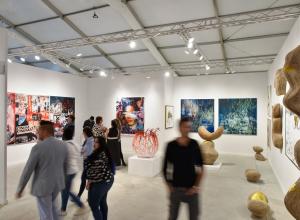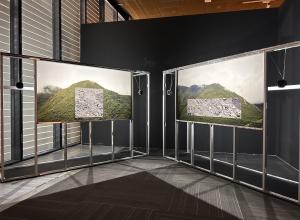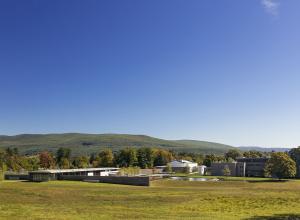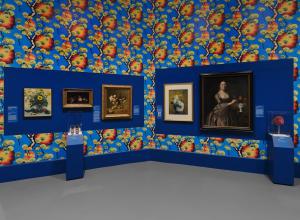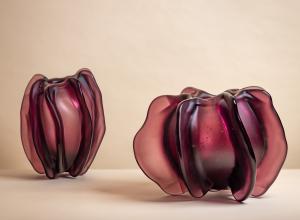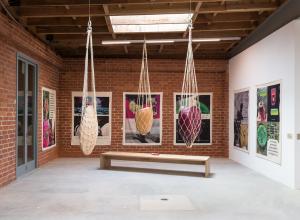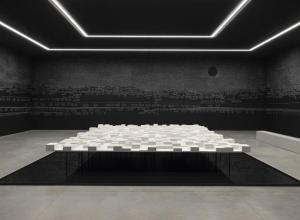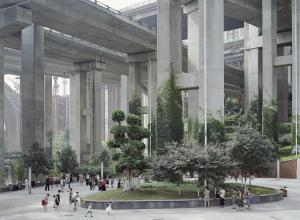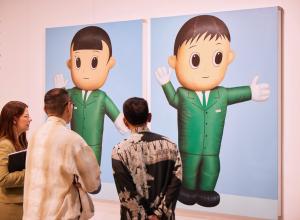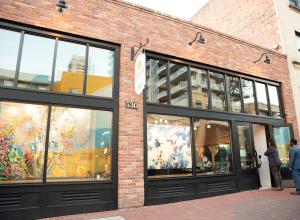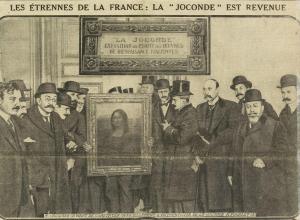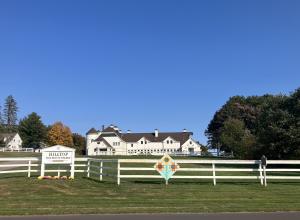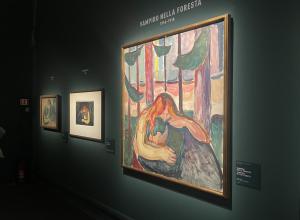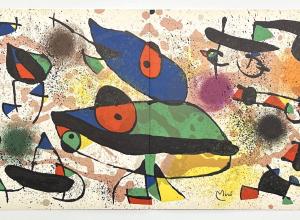Since the early 2000s, architects Ronald Rael and Virginia San Fratello (Rael San Fratello) have developed numerous proposals for interventions and alternatives to the United States-Mexico border wall. Many of their designs were inspired by stories of “people who, on both sides of the border, transform the wall, challenging its existence in remarkably creative ways.” Their work reimagines the wall in ways that range from playful (volleyball net) and infrastructural (solar panels) to natural (cactus wall).
“The borderlands have been an evolving context,” as Ronald Rael says. “There was a time when there was no wall. There was a time when the wall was just an idea for national security. There was a time when the wall began to be proposed. And now there's a time when the wall is clearly fixed within our cultural identity.” Recent actions to extend the wall and separate families seeking asylum at the border prompted Rael San Fratello to bring one of their proposals to life.
On July 28, 2019, they installed three pink teeter-totters into the border wall for families to play on. Their design serves as a metaphor, as Rael said, of the “border as a literal fulcrum between US-Mexico relations,” with “actions that take place on one side of a teeter totter having direct consequence on the other side.” For an hour, a small section of the wall between the two countries became a site of joyful connection rather than violent division.




